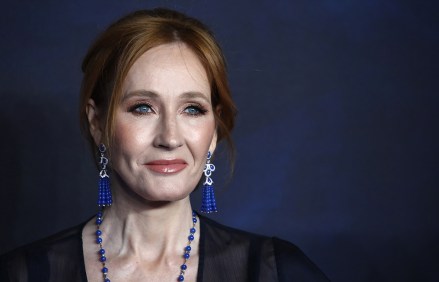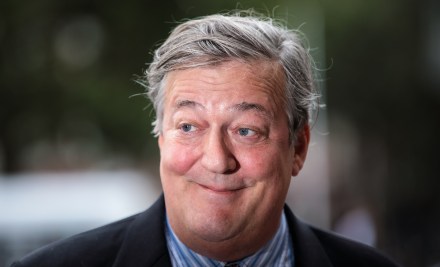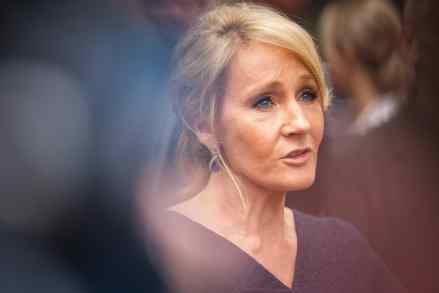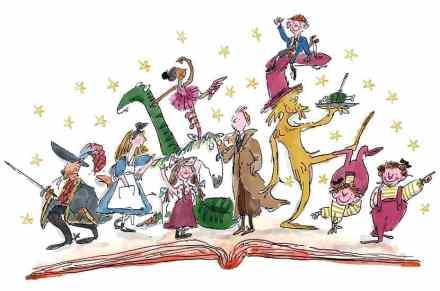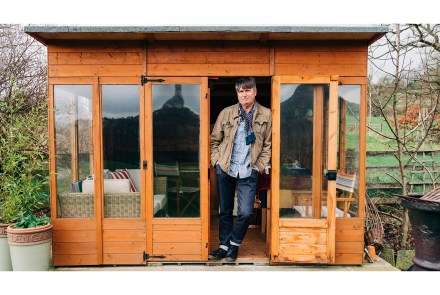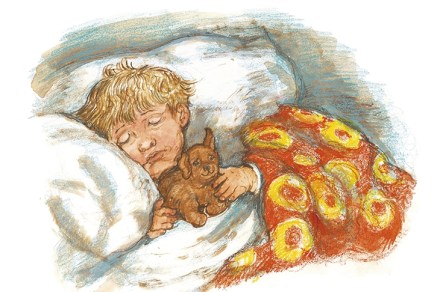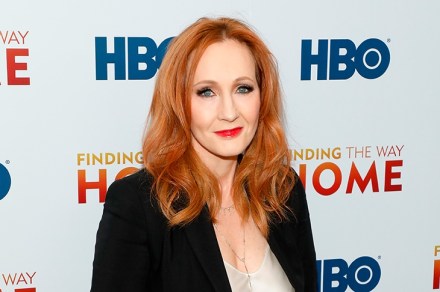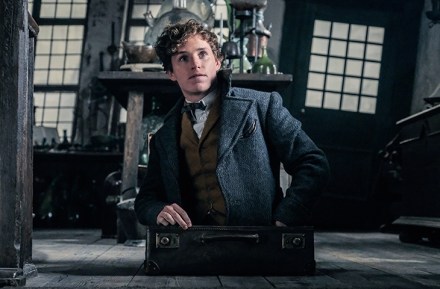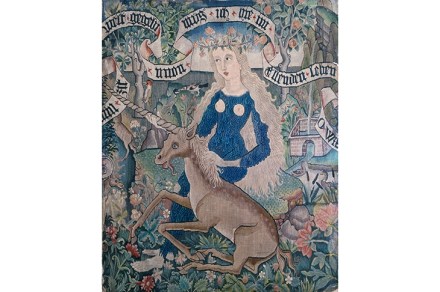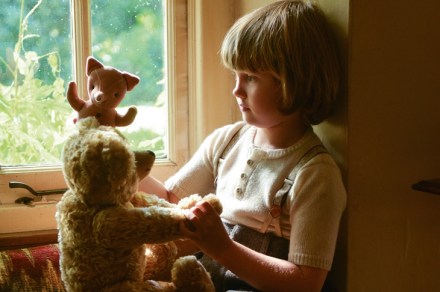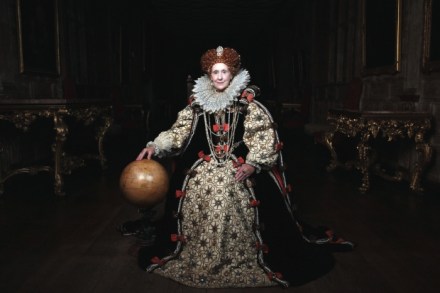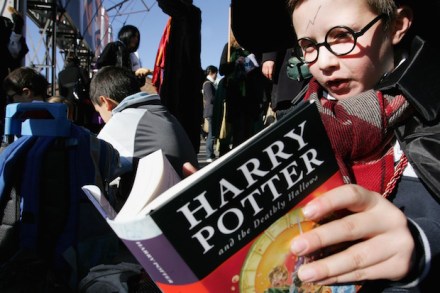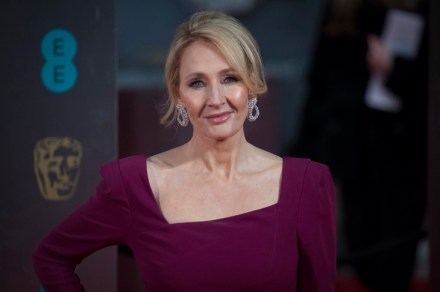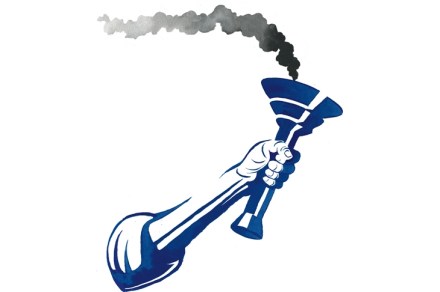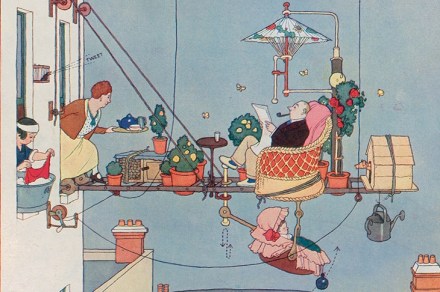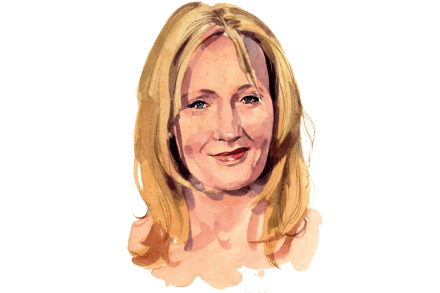Could J.K. Rowling be Oxford’s next chancellor?
Among my generation of Oxford graduates – late fifties, early sixties – there is currently a great deal of talk about who the next chancellor should be. In February, the present incumbent, Chris Patten, announced he was stepping down at the end of this academic year, thereby triggering an election to find his successor. The electorate consists of anyone with a degree from the university, which is about 350,000 people. In addition to the predictable runners and riders – Tony Blair, Rory Stewart, Imran Khan – three ex-Conservative prime ministers are in the mix. The chancellorship of Oxford is one of the few remaining elected offices in the UK in
